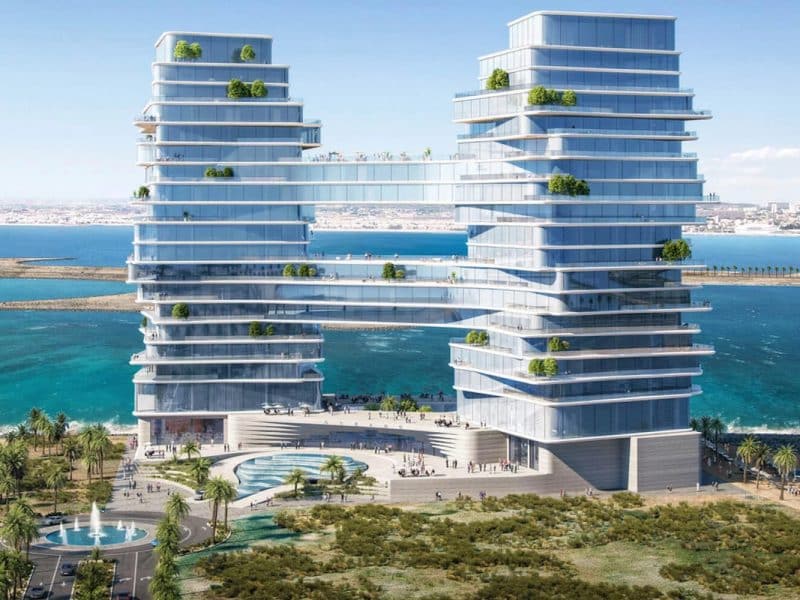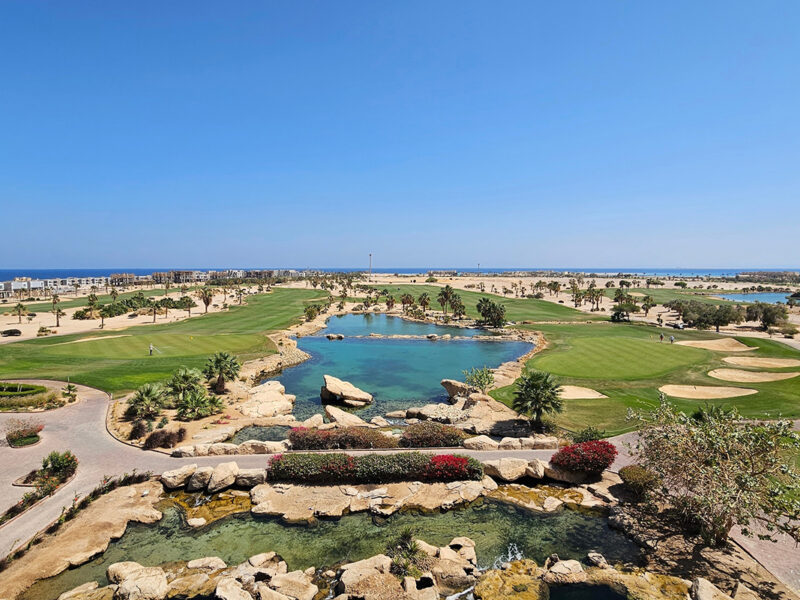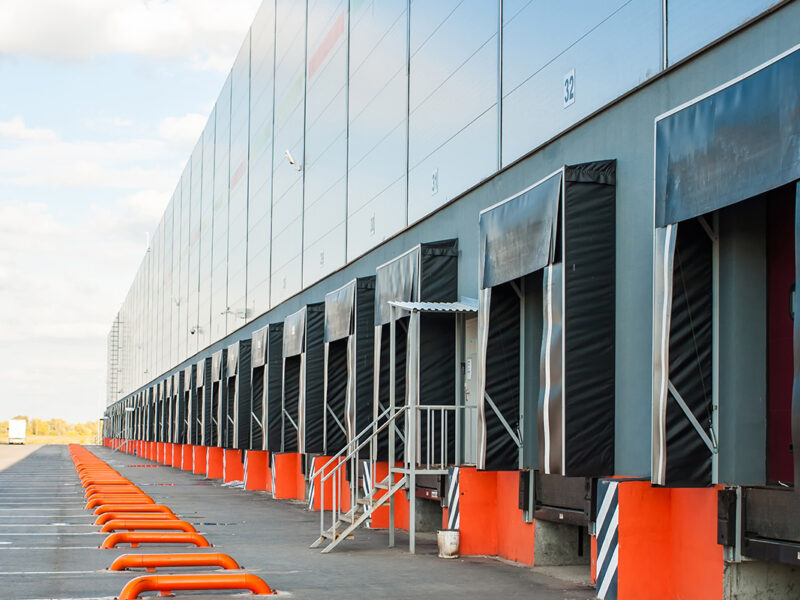More work may still be needed to tighten regulation of Dubai’s real estate market, Cluttons has warned after the introduction of the new mortgage cap this week.
Cluttons said it welcomed the property mortgage cap by the UAE Central Bank which limits the amount that Emiratis and expats can borrow against a new home.
But Steve Morgan, head of Cluttons Middle East, said more measures may be needed to ensure sustainable growth in the real estate market.
He said in a statement: “The new mortgage cap regulations will go some way to deliver a more stable property market in the UAE and stabilise the recent surge in activity.
“But while this is a positive step, 80 percent of the market is driven by cash buyers according to the Land Department’s own estimates, so it remains to be seen whether this latest regulatory measure to regulate the property market will have a significant impact.”
The new measures include loan to value (LTV) mortgage limits of 80 percent for UAE nationals and 75 percent for expatriates for first investments of under AED5 million.
For second home, purchases of properties valued over AED5 million, mortgage limits are now set at 65 percent of the property’s value for UAE nationals and 60 percent for expatriates.
Morgan added: “This latest move demonstrates the government’s commitment to fostering a stable and sustainable pace of growth in the national real estate sector.
“By curbing LTV’s, the exposure of banks is significantly reduced and will no doubt shield them from a repeat of the debt linked challenges that surfaced during the 2007-08 period.
“The focus on affordability by limiting monthly repayments to 50 percent of monthly salary offers a sensible measure to enhance due diligence that previously didn’t exist. But with the knowledge that these measures were coming into force, the limits have already been factored into the market and will help to drive sustainable growth.”
According to Cluttons Q3 Property Market Update report the Dubai Land Department’s recent doubling of property registration fees from 2 to 4 percent, is already impacting the volume of deals being recorded in Dubai’s residential market.
Morgan noted: “The vibrancy in the residential market has resulted in growing confidence in the real estate sector, but we believe concerns of the market overheating are still overly negative, especially given that despite the recent gains, average residential values remain well below the market peak.
“Although the long term effect remains to be seen, short term indicators show that recent regulation appears to be stemming further sharp increases in property prices. Rather than being fuelled by ‘fly-by dealers’, current demand is primarily being driven by a growing population and rising employment levels.”
Last week, ratings agency Fitch said Dubai’s successful bid to host the World Expo 2020 could lead to a new cycle of boom and bust in the emirate’s real estate sector if growth is not handled correctly.
Dubai hopes to attract up to 25m international visitors to Expo 2020 and will spend more than $8bn on new infrastructure and the 448-hectare venue, creating 277,000 jobs in the process.
Fitch warned that the longer-term economic impact of Expo was difficult to forecast and that a mismatch between supply and demand could dampen its real estate market.









